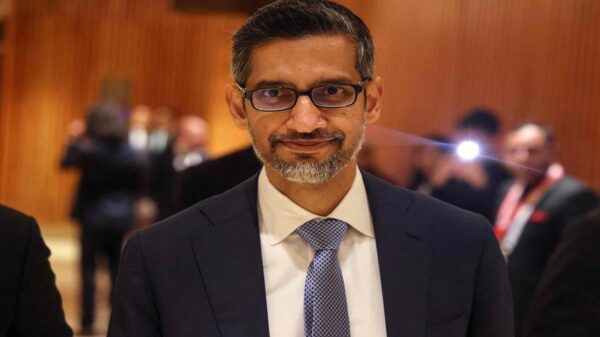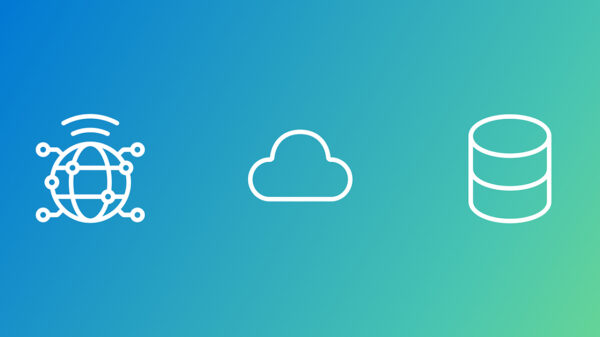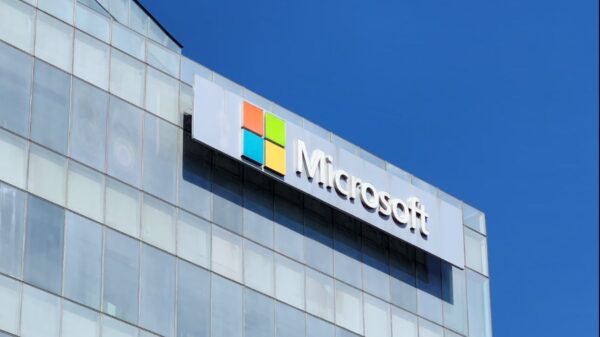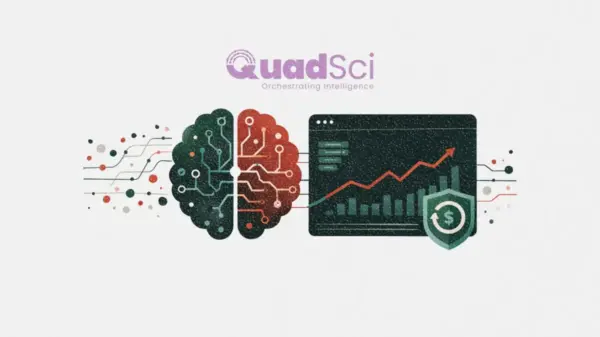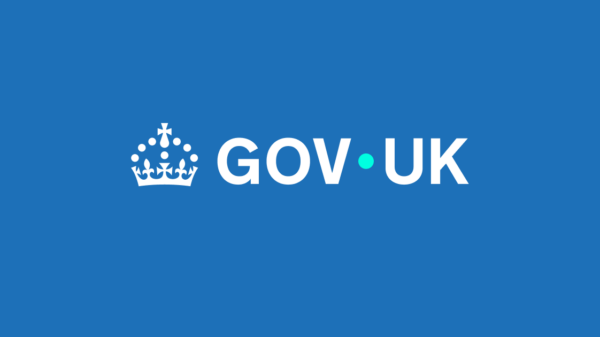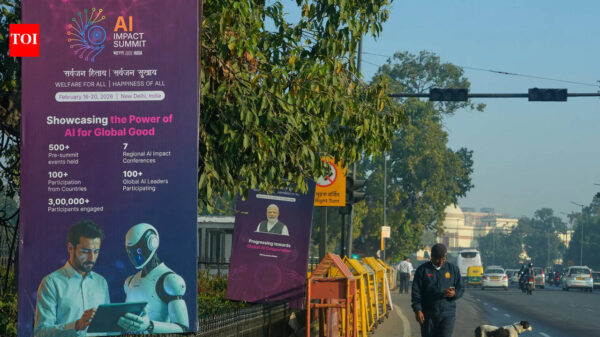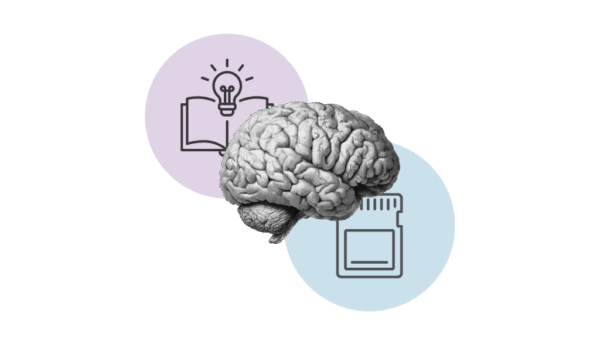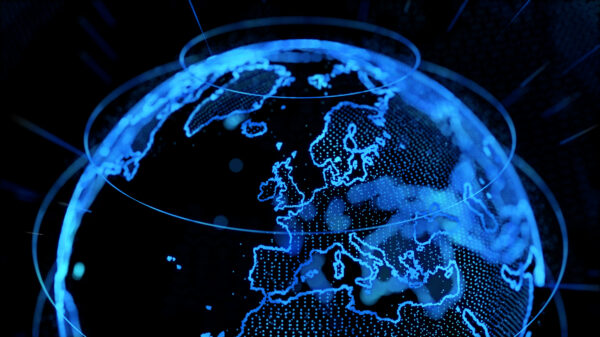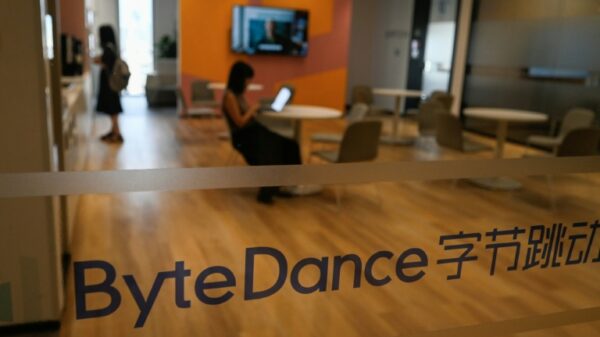African nations are facing a mounting wave of cyber threats that demand recognition as serious national-security issues rather than mere IT concerns. This is the key takeaway from the 2025 State of Cyber Security Report, which highlights the continent’s increasing vulnerability amid geopolitical tensions and rapid digital transformation.
As the report reveals, Africa has emerged as a central target for various cyber threats, including cyber-espionage, disinformation campaigns, ransomware attacks, and large-scale credential theft. Threat actors from countries like China, Russia, and Iran are exploiting security gaps within African governmental systems and critical infrastructure, marking a significant escalation in global cyber conflicts.
Rampant Cyber-Espionage and Disinformation
One of the alarming developments discussed is the expansion of the Sharp Dragon campaign, a Chinese state-linked operation that infiltrated African government institutions. Utilizing Cobalt Strike beacons, this campaign has established covert access to sensitive networks, extracting critical information aligned with China’s geopolitical ambitions. Additionally, groups such as Water Sigbin 8220 have targeted legacy systems, indicating a sophisticated approach in these espionage efforts.
However, the threat landscape is not confined to Chinese actors. Iranian and Russian-affiliated groups have also extended their operations into Africa, targeting ministries and critical infrastructures. These activities aim to harvest intelligence and disrupt public services, illustrating how Africa is becoming a battleground in the geopolitical cyber struggle among global powers.
The report also highlights how AI-driven disinformation tactics are on the rise, particularly during election cycles. With over 15 elections scheduled across Africa between 2023 and 2024, foreign actors have deployed deepfake videos and fake social accounts to sway public opinion. The report notes that AI tools were utilized in at least one-third of global elections, including those in Africa, exacerbating ethnic and political tensions in various nations.
Ransomware and Infostealers Targeting Essential Services
Ransomware incidents are increasingly targeting Africa’s already strained healthcare systems and public institutions, with attackers favoring data-theft extortion over complete system encryption. Groups like RansomHub and BianLian are implicated in breaches that jeopardize sensitive medical records and government data, further eroding public trust in essential services.
Additionally, the rapid proliferation of infostealers—malicious tools designed to capture sensitive information like passwords and login details—has overwhelmed personal devices across the continent. With over 70% of compromised devices being personal rather than corporate, African businesses are at significant risk. Infostealers such as Lumma and RedLine have already breached fintech platforms and government portals, demonstrating the urgent need for enhanced cybersecurity measures.
Hacktivist groups, often aligned with Iranian or Russian interests, have also intensified their operations against African governments, employing website defacement and data leaks as tools for political disruption. Their activities further complicate the cybersecurity landscape in a region already grappling with complex geopolitical dynamics.
The Stakes and Future Directions
The report underscores a critical shift: Africa is no longer on the periphery of global cyber operations but is at the center of them. The continent’s growing geopolitical importance, rapid digital transformation, and expanding fintech ecosystem, coupled with outdated security controls, create an enticing target for cyber actors.
As the anticipated threats for 2025 loom large—ranging from state-sponsored espionage to deep infiltration of telecom networks—African nations must pivot to treat cyber threats as urgent national-security issues. The stakes are high, impacting not only governments but also businesses and society at large. By adopting a more proactive stance on cybersecurity, Africa can better navigate the complex landscape of global cyber threats, ensuring the protection of its critical infrastructure and democratic processes.
 Retraining Programs Gain Support as 87% Favor Skills Training Over AI Job Loss Solutions
Retraining Programs Gain Support as 87% Favor Skills Training Over AI Job Loss Solutions Canadian Government Tests AI Chatbot to Address 4,000 Daily Website Complaints
Canadian Government Tests AI Chatbot to Address 4,000 Daily Website Complaints Promptbox Submits AI Solutions for Government at DISA Industry Day 2026
Promptbox Submits AI Solutions for Government at DISA Industry Day 2026 Nikkei 225 Falls 2.3% Amid US Tech Stock Concerns Over AI Valuations
Nikkei 225 Falls 2.3% Amid US Tech Stock Concerns Over AI Valuations South Wales Becomes UK’s Latest AI Growth Zone, Promises Thousands of New Jobs
South Wales Becomes UK’s Latest AI Growth Zone, Promises Thousands of New Jobs










